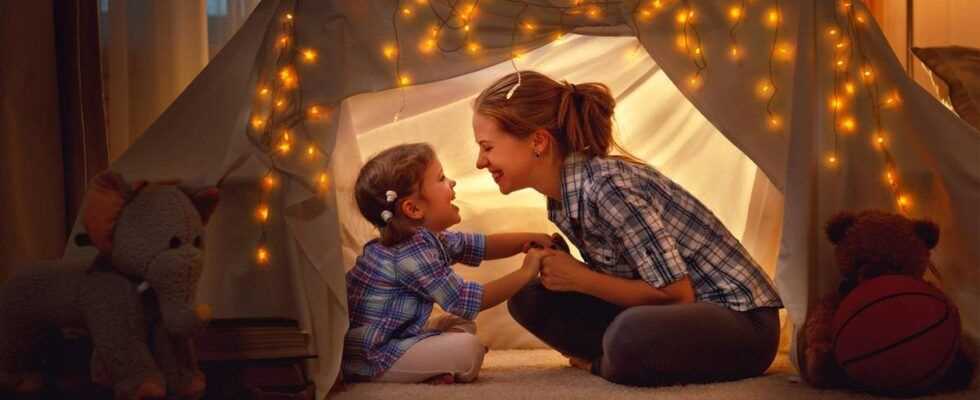Most of us probably know from personal experience how difficult it is to build a stable self-esteem, to develop healthy coping strategies and to find a positive attitude to life. So of course we prefer to do everything we can to make things a little easier for our children. Unfortunately, we often grope in the dark …
The American psychologist Carol Dweck, who is particularly concerned with developmental psychology and the emergence of thought patterns, gives us at least one direction. According to Dweck, there are two possible models of thinking that we already adopt as children and that shape our self-perception to a large extent:
- Fixed mindset: It is believed that characteristics such as intelligence, creativity and talent are innate and we cannot influence them. Challenges and failures are filled with great fear.
- Growth mindset: It has been understood that people develop and grow, that skills are acquired or improved through exercise, and that the brain can be trained. Challenges and failures are perceived as opportunities.
Our goal as parents should be obvious to give our children a growth mindset – and in order to do that, it is advisable to get used to the following educational measures if possible.
4 things you can do to harm your child's self-confidence
1. Protect the child from everything
If parents constantly protect themselves over their children and never leave them alone, they are conveying to the little ones that they need this protection and that something terrible happens when they are on their own. By doing so, they take away the chance to learn how to assess situations and dangers themselves. Of course, that doesn't mean we should put our baby next to the hot stove unsupervised. But when the eight-year-old falls off the swing because he didn't hold on properly and we let him do it for him, it's usually less of a drama than a valuable lesson.
2. Provide feedback to the child regarding their intelligence
Honestly: We should slowly get used to classing "intelligence" in the sense of a measurable IQ as such a really great quality anyway. A high IQ is not particularly helpful without self-confidence. And being able to complete a series of numbers correctly is far less valuable in real life than a good sense of human beings. It is best not to give children the idea that the intellect is something that a person can imagine. But when we praise them for being smart, or worse, affectionately calling them stupid, we do just that: we convey to them that they have a certain mental capacity that they have to deal with. And that can trigger pressure and fear of failure, among other things. Instead of feedback like "you are so clever, my little Einstein", it is better to refer to the concrete stroke of genius of the little Super Brain. B. "But you solved the task cleverly, really great darling".
3. Help the child with everything
Anyone who gives their child the opportunity to face a challenge on their own and lets them experience early on that the world will not end when it fails is doing them a very great favor. Sooner or later we cannot take everything from our children and it would be unfair to not prepare them appropriately. In addition, if we help our child with everything, we give him the feeling that we don't trust him – with the result that he doesn't trust himself to do anything.
4. Describe a task as simple
"Try it, it's easy!" This sentence speaks so easily, but its consequences can be quite devastating. First of all, we should make one thing clear: what seems simple to us as adults is often not for children. If we now describe a task as easy, which the child cannot then solve, it thinks: "What a failure I have to be, not even being able to solve a simple task." If it again copes with the task, it diminishes its joy and sense of achievement if we have previously described it as simple: "It wasn't difficult …". Better motivations than "is very easy" are sentences like "you can do it" or "just try as best as you can, it is not bad if you cannot do it."
